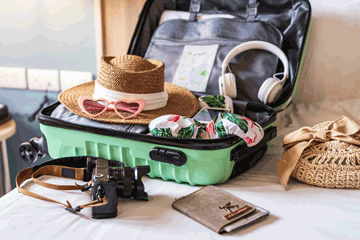"The popularity of Croatia has grown considerably to UK tourists, especially over the last 10 years. This has been bolstered by its EU membership in 2013 and recent joining of the EU currency in 2023. Despite this, it still offers cheap and affordable food and drink - making it a great value holiday with stunning architecture and history and a huge range of beaches.
"While being a member of the EU can offer a bit more protection to travellers and tourists, your EHIC or GHIC card isn’t a substitute for healthcare or treatment if you need it. If you need any treatment in Croatia, you can expect to pay up to 530 Euros for a single treatment. This cost could spiral depending on if you need further treatment. Having the right travel insurance means you're covered financially should you need medical care, or at worst an unscheduled early or late flight home."









